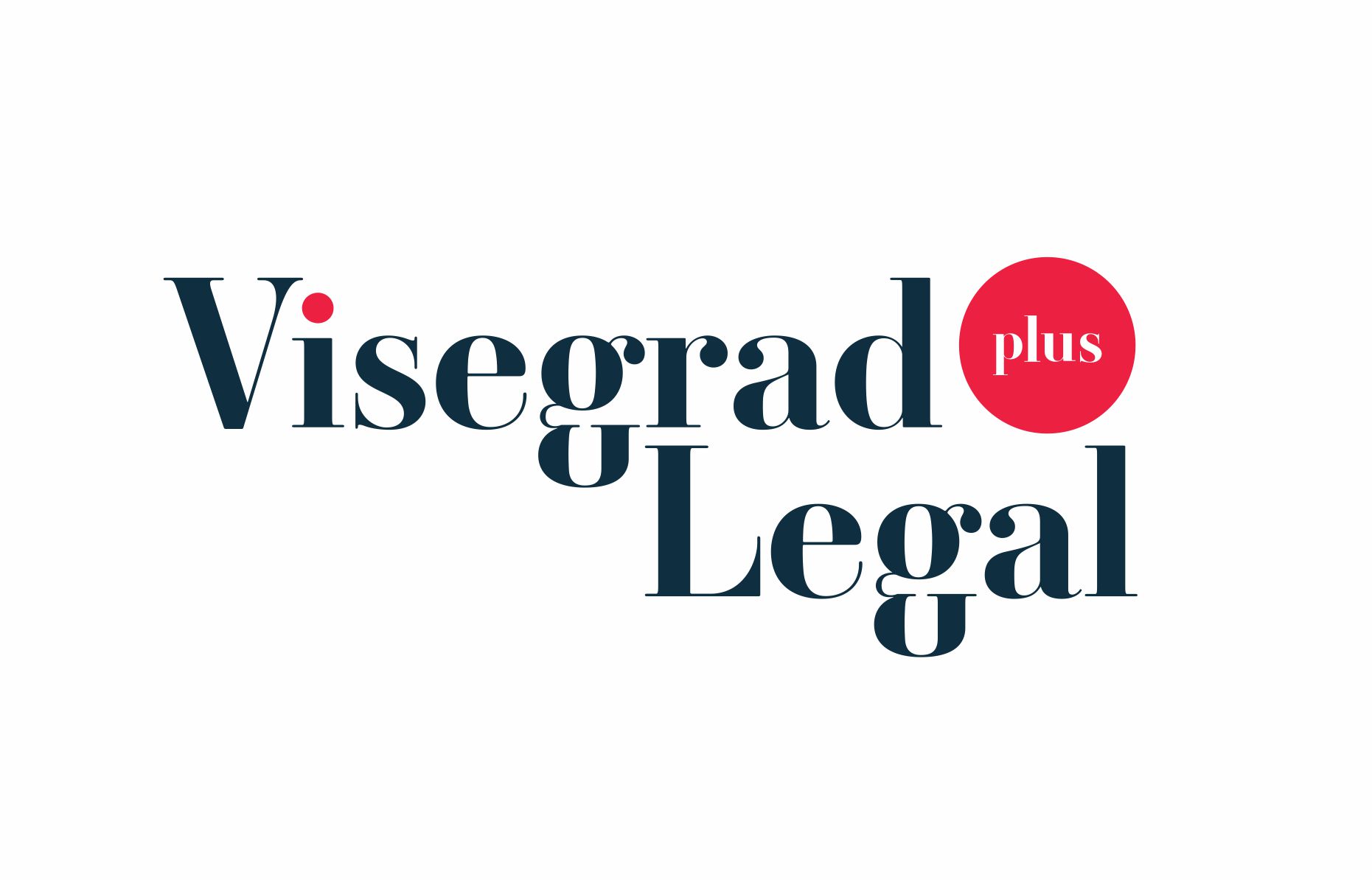Jan29
The current regulatory framework governing public procurement in the Republic of Croatia consists of the Public Procurement Act (Official Gazette No. 120/2016), applicable since 1 January 2017, and the Act on Amendments to the Public Procurement Act (Official Gazette No. 114/2022), in force since 11 October 2022. This legislative framework represents the fundamental system of rules regulating public procurement procedures conducted by public and sector contracting authorities, with the aim of concluding contracts for the procurement of goods, works and services, framework agreements, and the implementation of design contests, while ensuring effective legal protection for participants in such procedures.
Dec03
In a world where global companies operate seamlessly across borders and skilled workers, managers, and trainees become key resources for growth and competitiveness, the institute of intra-corporate transfer (ICT) represents one of the most important mechanisms of business mobility.
Dec03
The General Data Protection Regulation (GDPR) has established a unified European framework for the protection of personal data, based on clearly defined data subject rights and obligations imposed on controllers and processors. One of the key elements ensuring its effectiveness is the mechanism of administrative liability, contained primarily in Article 83 GDPR.
Nov26
Part eight of the Ownership and Other Real Rights Act (“Official Gazette” nos. 91/96, 68/98, 137/99, 22/00, 73/00, 114/01, 79/06, 141/06, 146/08, 38/09, 153/09, 90/10, 143/12, 94/17 – consolidated text, 152/14, 81/15 – consolidated text) regulates the ownership of real estate, specifically the acquisition of real property rights by foreign natural and legal persons.
Nov24
We have conducted an interview with our client, Simon Marchina Gonzalez, who recently obtained Croatian citizenship as a descendant of a Croatian emigrant under Article 11 of the Croatian Citizenship Act.
Nov20
The EU Blue Card is a residence and work permit issued in the Republic of Croatia for the purpose of highly qualified employment. It is issued as a biometric residence permit that contains the designation “EU Blue Card” in the field indicating the type of permit (hereinafter: the EU Blue Card). The EU Blue Card entitles its holder to enter, re-enter, reside, and work in the Republic of Croatia, as well as to exercise the rights provided under the Aliens Act (Official Gazette Nos. 133/2020, 114/2022, 151/2022, 40/2025) (hereinafter: the AA). In recent years, the EU Blue Card has become one of the most important instruments for attracting highly educated professionals from third countries to the European labour market. It is a form of residence and work permit intended for persons with a high level of professional qualification who come to work in occupations for which there is a labour shortage in EU Member States, including Croatia.
Aug13
If you are considering buying property in Croatia, you will quickly come across two key public records: the Land Registry (in Croatian: zemljišne knjige) and the Cadastre (in Croatian: katastar). While they both contain information about real estate and are related to some extent, they serve different purposes, are managed by different authorities, and—due to historical reasons—are not always in sync. Understanding this distinction is essential for anyone buying property in Croatia.
Jun20
Introduction to the topic Under Article 6 of the EU Artificial Intelligence Act (Regulation (EU) 2024/1689*), an AI system is classified as high-risk if it either (1) forms part of a product regulated by EU harmonised legislation—such as medical devices, vehicles, or industrial machinery—or (2) performs a function listed in Annex III, including use in areas like education, law enforcement, employment, and biometric identification. The Act also mandates that any AI system used for profiling natural persons—automated evaluation or prediction of individuals' traits, preferences, or behaviour—is automatically classified as high-risk. Even when a provider believes a system does not pose serious risks, its profiling function alone triggers this classification. Providers of such systems must either conduct a formal risk assessment to justify otherwise and still register the system in the EU database, or they must comply with the full framework of regulatory obligations, including documentation, transparency, testing, and human oversight. This high-risk classification ensures that AI systems which can significantly impact people’s lives, safety, or rights are subject to stricter scrutiny and accountability—ultimately promoting trust and lawful innovation across the EU.


